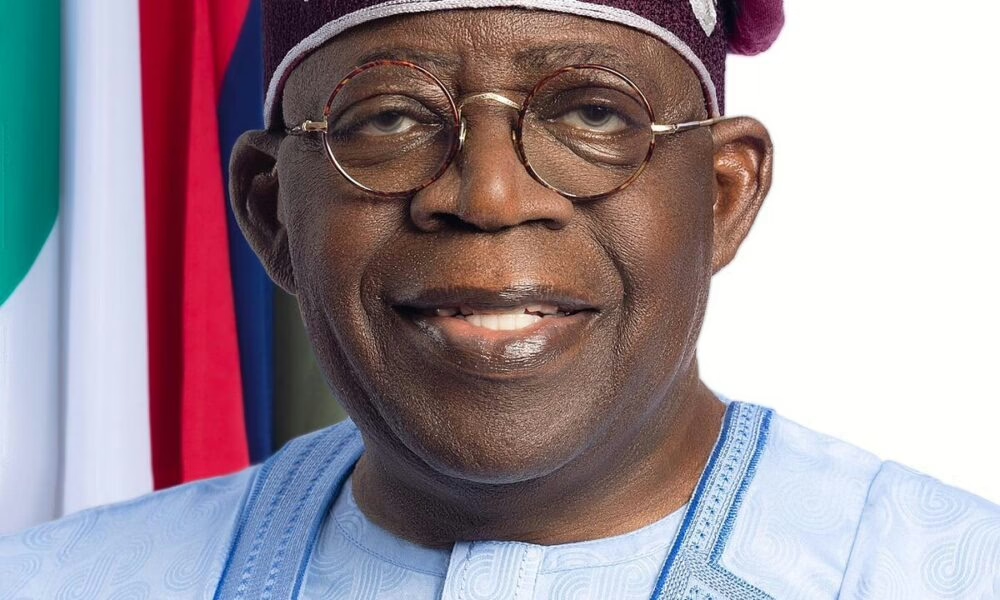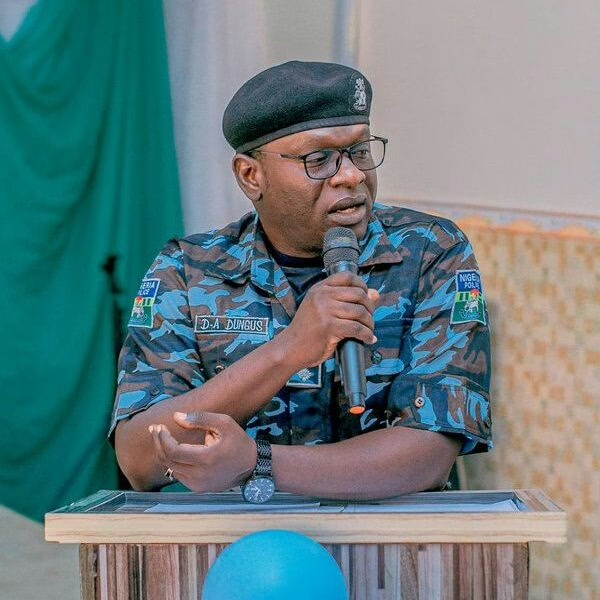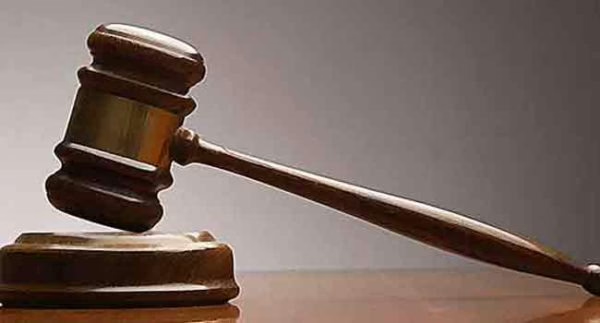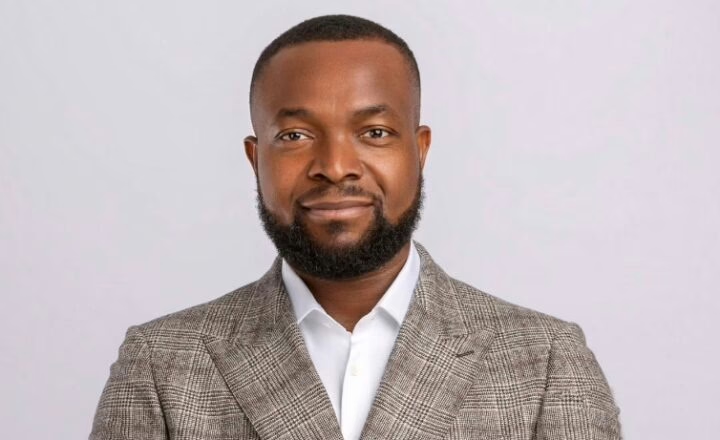In 15 years, between 2009 and 2024, Northern Nigeria has seen itself slide abysmally from a once enviable region into one with the worst indices of economic stagnation while seriously lagging behind in other development indicators.
Though the region has gone through many challenges prior to that, the self-inflicted woes that began in 2009 with the security challenges in the North-east leading to widespread insurgency, banditry and socio-economic dislocations have become catastrophic, affecting almost all sectors of life.
These challenges have stunted agricultural productivity; asphyxiated businesses and closed down schools, bringing down the number of school enrolment. The development has also hindered access to basic amenities, prevented infrastructural development and altered social life generally.
It will appear, however, that it was during the recent 10-day #EndBadGovernance protests across the country, that the region fully realised the depth of the devastation on its well-being and the effect on the psyche of the average northerner.
While other parts of the country experienced guided street processions with minimal harm to individuals and infrastructure, the situation was different in the North, where there were numerous cases of unprovoked attacks on persons; free for all looting of valuable items and wanton destruction of property.
This has led many in the region to call for a reorientation of the northern psyche. Shortly after the protests, Vice President Kashim Shettima suggested what he called a high-level meeting with stakeholders in the region to seek ways of ensuring the development of the North. “We will seek support from all regions, alongside our political leaders who have genuine concerns about the North,” he said.
This week, a group known as the League of Northern Democrats, which the convener, Dr. Umar Ardo, described as a faction of northern elites, also met to discuss the problems in the region.
Chairman of the League and former governor of Kano State, Malam Ibrahim Shekarau, said the region has realised that it has problems on its hands, which it must confront with a common resolve. He said people have to set aside differences and come together to work for the common good of the region.
These moves are happening due to the realisation that if the issues confronting the North, as exposed by the recent protests, are not addressed with urgency, things may degenerate further for a region that used to be highly organised and coordinated in its approach to issues that have direct bearing on its people.
The events of August 1 to 10, where the pleas of clerics, traditional rulers, political leaders, elders and other stakeholders fell on deaf ears, and where the youths did as they pleased, causing stampede and fear, has painted the North as rudderless, and as one that is drifting aimlessly.
Many have attributed the rueful situation the region has found itself in to lack of leadership; infighting amongst political leaders; over dependence on oil revenue; abandonment of agriculture; inability to harness mineral resources; illiteracy and corruption.
One of the elders in the North, Senator Ibrahim Ida, who is the Wazirin Katsina, attributed the problem to a disconnect between the older and the younger generation of northerners. “Those who are now in positions of religious or moral authority are often close in age to those they are trying to guide,” he said in an interview with Weekend Trust. This, he said, was not what obtained in the past where there was a clear age difference

between the led and those in authority.
The Chief Imam of Alfur’qan Mosque in Kano, Dr. Bashir Aliyu Umar, tacitly agreed with the Wazirin Katsina’s position, saying the political class has been insensitive to the plight of the common people.
President of the Middle Belt Forum (MBF), Dr. Pogu Bitrus, on his part, said the North has not been able to get its act together because of “injustices” meted to some parts of the region.
“So, the main problem is the legacy of the colonial masters ensuring that some people dominate others through indirect rule; this has brought us to where we are today,” he stated.
But to Prof. Munzali Jibrin, a retired university don, the violence and other vices witnessed during the #EndBadGovernance protest was due to the societal neglect of the unemployed and idle youths.
“These people have no future prospects, no education and no skills to sustain their lives,” he stressed.
The consequences have been that, rather than sustain its enviable record in terms of development indices, the North has been posting glim and scary statistics.
The region, for instance, holds the unenviable records for the highest number of out-of-school children, highest infant mortality rate, lack of basic infrastructure, unemployment rate, low Human Development Index (HDI), as well as general insecurity.
Experts say this should not have been so given the huge human and natural resources, and other factors that engender speedy development, which abound in the region.
Former Minister of Agriculture, Alhaji Sani Zangon Daura, affirmed this in an earlier interview on Trust TV, saying the North has every reason to stand tall given the resources it is blessed with. “All factors of socio-economic growth are in the North. The North has 80 per cent of the total landmass, and you know that land is a great resource.
“Secondly and the most important thing is that if a non-political census is conducted, honestly, even the South knows that more than two-third of the total population of the country are in the North. So, when you have got these two factors, land and population, you are there. Almost everywhere in the North, Allah has given us mineral resources”, he said.
Added to that is the fact that out of the 36 states in the country, 19 are in the North, which automatically endows it with more administrative structures for developmental strides like the local governments, federal and state constituencies as well as wards.
As the issues militating against the growth of the region became endemic, some concerned groups and individuals have tried to intervene by coming together as a bloc to tackle the problems, but so far, these do not appear to have been effective.
The Arewa Consultative Forum (ACF), which was formed to establish unity of northern leaders to address issues confronting the region has made series of interventions in the past.
Governors from the region have also formed an association known as Northern States Governors Forum (NSGF) to come together to identify and tackle problems affecting the region.
The Northern Elders Forum (NEF), which was also formed for similar purposes, also put its foot forward in many instances. The challenges have, however, defied these efforts, as rather than abating, they seem to be increasing.
People recall with nostalgia how during the days of the Sardauna of Sokoto, Sir Ahmadu Bello as Premier, the North fared elegantly.
It was the then regional government of Northern Nigeria that built institutions like the Ahmadu Bello University, Zaria, Radio Nigeria, Kaduna, the New Nigerian, the Northern Nigerian Development Corporation, now Northern Nigerian Development Company (NNDC); established many secondary divisions across the region, while offering scholarships to indigents to study at home and overseas.
Even after the Sardauna, northern leaders were able to sustain the drive for development by attracting industries like the Kaduna Refining and Petrochemical Company (KRPC); the Ajaokuta Steel Rolling Mill; the Jebba Paper Mill; the Jos Steel Rolling Mill; the Peugeot Assembly plant in Kaduna, the textile industries in Kaduna and Kano, Steyr (Vehicle) Manufacturing Company in Bauchi, and the cement plants in Benue and Gombe states.
Many recall that the atmosphere was quite conducive for the private sector to thrive that successful entrepreneurs like Alhaji Mai Deribe, Alhaji Ali Kotoko; Alhaji Bello Mohammed Bagudu, the Wazirin Nupe; the Dantata family; Alhaji Isyaku Rabiu, Jerome Tilley Gyado, DB Zang, Prince Samuel Adedoyin, and a host of other indigenous entrepreneurs emerged.
With the current situation, it appears that all the gains are being eroded while the North seems helpless.
How the North can regain its glory
Some have suggested that for the North to get it right, the region must address its leadership recruitment process.
Senator Ida is one of those who fault the process of leadership recruitment in the North, saying eligibility has been confused with suitability. “While we need strong leadership, the process of choosing leaders has become flawed. We’ve confused eligibility with suitability. Suitability requires looking at a person’s background and potentials, and there should be checks and balances in place”, he said.
His view is supported by Prof. Jibrin, who said the North does not have people that it can call leaders or people who will intervene in its affairs. “A lot of people are afraid to be involved in issues that will tamper with their honour, and also, a lot of people have compromised because the so-called elders we have now, quite a number of them do not depend on themselves. From time to time they have to go to whichever government is in power to seek assistance on various issues and that compromises them”, he said.
Some have pointed out the need for increased investment in education, creation of Job opportunities through the revival and expansion of industries and through the creation of conducive environment for private sector growth. The Chief Imam of Alfur’qan Mosque suggested that among the short-term measures, youth restiveness and unemployment must be addressed. “We have to integrate skills into our education system, so that people can take care of themselves”, he said.
On security, General Martin Luther Agwai (rtd) said he believes that identifying the causes of grievances would help in addressing the problems. “So, before you start a negotiation, you should know the causes and the grievances and how to resolve them. If we know the cause, then it will be easy to remove the roots”, he said.
Others like Dr. Bitrus have suggested that for the North to get its act together, all the components making up the region must put aside differences and come together as one.
With the agreement that the North needs a rebirth and the efforts coming from all quarters, many are keen to see how the revival will pan out.
 Join Daily Trust WhatsApp Community For Quick Access To News and Happenings Around You.
Join Daily Trust WhatsApp Community For Quick Access To News and Happenings Around You.











